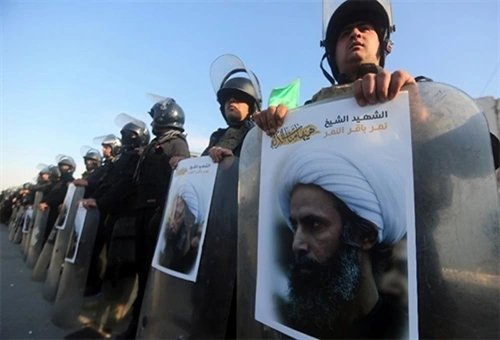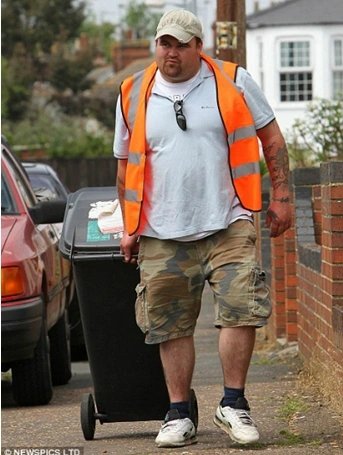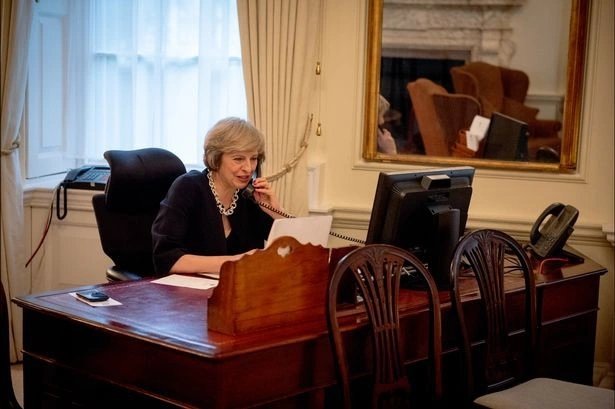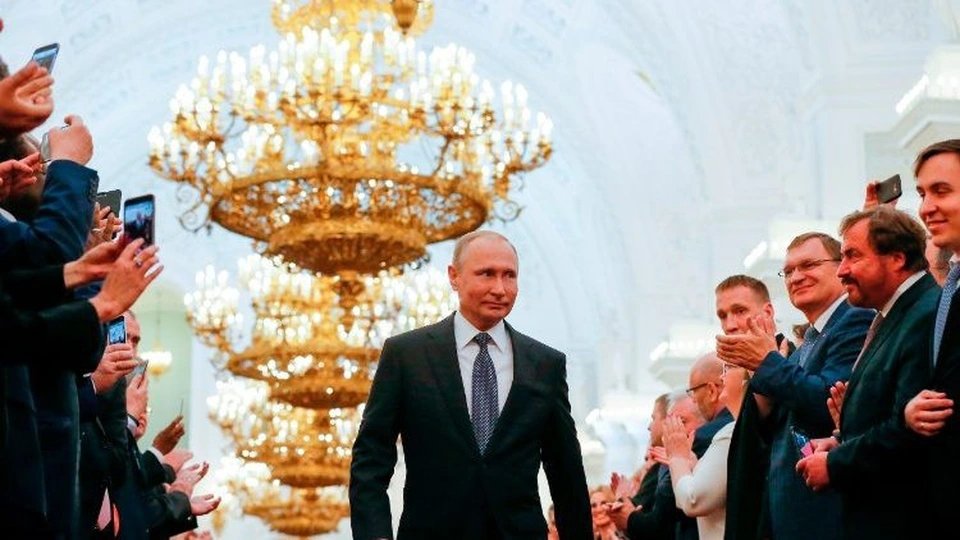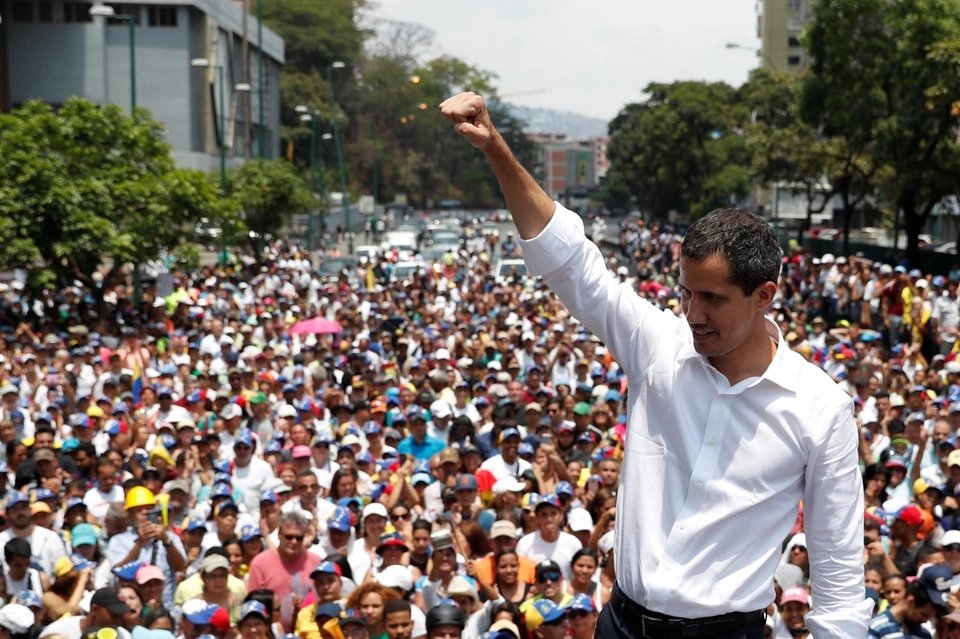
7 out of 8 beds in the intensive care unit at St. Petersburg International Hospital.
`If all eight beds are used, we cannot receive patients who suddenly become seriously ill and need emergency treatment, so we always have to leave one bed empty,` said Fumie Sakamoto, manager of the infectious disease department in the hospital with 500 rooms.
Spare beds in the ICU must always be ready to welcome Covid-19 patients coming to the emergency room at any time of the day.
Fumie Sakamoto gave an interview at St.
When the number of nCoV infections in Japan reached 12,000, hospitals like St.
When some hospitals did not want to accept Covid-19 patients, the most critical cases were transferred to hospitals willing to accept patients such as St.
St.
Covid-19 poses unique challenges in Japan, where the government does not have the authority to enforce strict lockdown orders like in other countries, nor can it fine businesses or individuals who do not comply with instructions.
Japan is also in a battle to collect medical protective supplies like many other countries.
`We do not have enough legal tools to force hospitals to accept patients infected with nCoV, and even if we did, I think we would not be able to make this request to hospitals that do not have infectious disease departments,` Yoshiyuki Sugishita, official
He said Tokyo has set up a new online database so hospitals and public health facilities can update the number of nCoV cases they volunteer to receive.
Accepting Covid-19 patients carries both financial and medical risks for hospitals not equipped to treat infectious diseases.
Outbreaks like Covid-19 cause hospitals to stop many medical services, including routine surgery and outpatient care.
`At this time, private hospitals and some public hospitals have the right and have refused to admit critical nCoV patients,` said an anonymous ICU doctor treating Covid-19 patients in a large hospital in
According to him, many hospitals make money based on patients having routine surgeries and short-term hospitalizations, so they cannot stop these services.
The Japan Intensive Care Association, which has more than 10,000 members working in ICUs nationwide, estimates the number of seriously ill Covid-19 patients has doubled in the past two weeks.
Japan has fewer ICU beds per 100,000 people than many other countries such as Germany or Italy.
The doctor above said the worst case he ever treated was a Covid-19 patient over 80 years old who was transported by ambulance more than 350 km from his home to a hospital in Tokyo after being turned away by many hospitals in his hometown.
`Even if we decide to accept a patient, when reporting to superiors, the head of the hospital may not agree,` he said, stating that most hospitals accepting Covid-19 patients are currently receiving treatment.
In March, Tokyo recorded 931 emergency cases that were refused by five hospitals or had to wait more than 20 minutes for a room, an increase of one-third compared to last year.
Japan’s Ministry of Health has allocated 149 billion yen ($1.38 billion) in the supplementary budget to support medical facilities, including the cost of dispatching doctors and nurses to hospitals.
Shiho Shimada, an official in the Covid-19 prevention force of the Japanese Ministry of Health, said the additional budget was used to ensure hotel beds for doctors and nurses and to purchase medical supplies.
Hideaki Ohmura, governor of Aichi Prefecture, said the central government needs to support hospitals more.
Japan’s Ministry of Health is also racing to provide necessary equipment for hospitals.
Tired of waiting for the government, Noboru Hagino, a rheumatologist in a district east of Tokyo, joined three others in searching for masks across the country as well as calling for donations from individuals and businesses
`The Ministry of Health is always slow,` Hagino said, saying they don’t have time to wait now because Covid-19 is breaking out.
The Ministry of Health admitted that there is a shortage of medical supplies.
As for Sakamoto, she said St.



